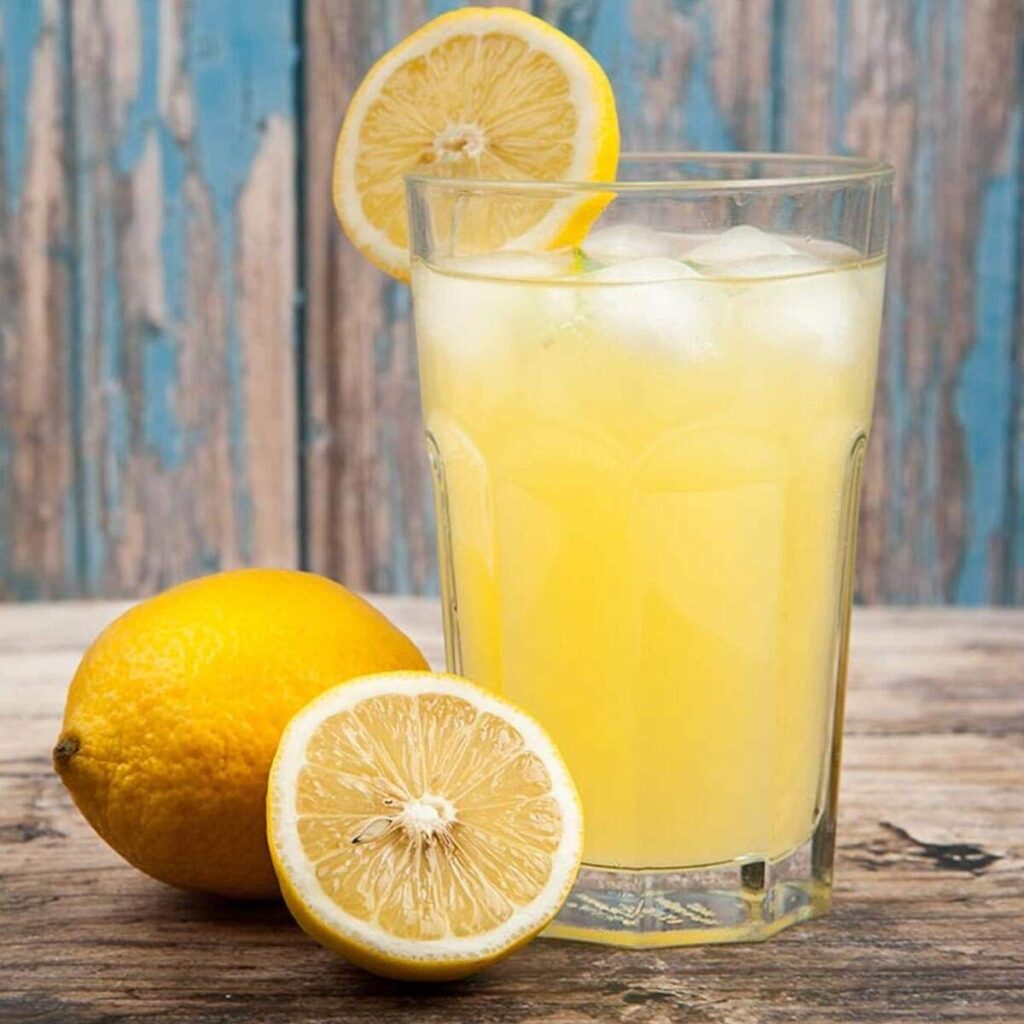Keeping household appliances and other items made of stainless steel clean can be a daunting task. Harsh chemicals can erode the quality of the steel, while milder ones may not effectively get rid of stubborn stains. Moreover, stainless steel’s glossy finish can dull over time if not cleaned properly. This is where natural cleaners like lemon juice come in.
Product Overview
Contrary to the ubiquitous cleaning products available in the market, lemon juice offers a more natural, non-toxic method for cleaning stainless steel surfaces in the home. The high acidity content of lemon juice makes it potent enough to cut through dirt, grime, and stains, providing a healthy shine to your household stainless steel items.
Ease of Use
Lemon juice is one of the most accessible and easiest to use cleaning solutions. Pouring the juice onto the surface and wiping it with a cloth is the simplest way to use it. For tougher stains, let the lemon juice sit on the surface for some minutes before wiping it off. It requires no elaborate setup and is safe to use without gloves, masks, or ventilated areas.
Cleaning Effectiveness
Lemon juice does an excellent job at leaving stainless steel surfaces looking new and shiny. Particularly, it works remarkably well on fingerprints and water spots, which are common challenges with stainless steel. On the downside, lemon juice may not be as effective for dealing with grease or heavily burnt-on food residues.
Scent & Residue
One of the biggest advantages of using lemon juice for cleaning is its refreshing, organic scent, unlike the strong smell most industrial cleaners come with. Additionally, lemon juice is unlikely to leave any residue or streaks behind if properly rinsed and buffed dry.
Price & Availability
Lemon juice is most likely one of the cheapest cleaning agents you can get. You can either purchase bottled lemon juice from any grocery store or, better still, squeeze the juice directly from a fresh lemon. With lemons sold almost everywhere and throughout the year, you’re never out of supply.
Pros and Cons
On the plus side, lemon juice is an all-natural, non-toxic cleaner that’s safe around children and pets. It’s affordable, available and leaves stainless steel surfaces gleaming without any unpleasant scents or chemical residues. The downside is that it’s not the best solution for stubborn stains like grease or burnt-on food, and regularly treating the same area can potentially cause discoloration over time.
Comparison with Other Products
Compared to chemical-intensive cleaning products, lemon does an equally good job without the associated health risks. It might need a little more elbow grease for extreme stains compared to chemical cleaners, but for regular maintenance, it’s highly effective. Against other natural cleaning methods, such as vinegar, lemon holds up quite well and even has a nicer smell.
Best Use Case
Lemon juice as a cleaner is best recommended for light regular maintenance, especially for removing fingerprints and water spots from stainless steel surfaces. It’s also ideal for those looking for a green cleaning solution, or households with young children, pets, or allergy sufferers.
Final Verdict
Would I recommend lemon juice as a stainless steel cleaner? Absolutely, yes. While it isn’t a miracle solution for all types of stains, it’s a fantastic option for regular cleanups and minor stains. Its non-toxic and pleasant scent, combined with the economical and easy availability, makes lemon juice an excellent cleaning alternative for maintaining your stainless steel belongings’ pristine condition.
Maintaining stainless steel items clean and sparkly is an ongoing task. Lemon juice not only helps achieve this effectively but also does it in a safe, non-toxic way. While it may not replace all your commercial cleaners, it’s definitely worth considering as part of your cleaning routine.

